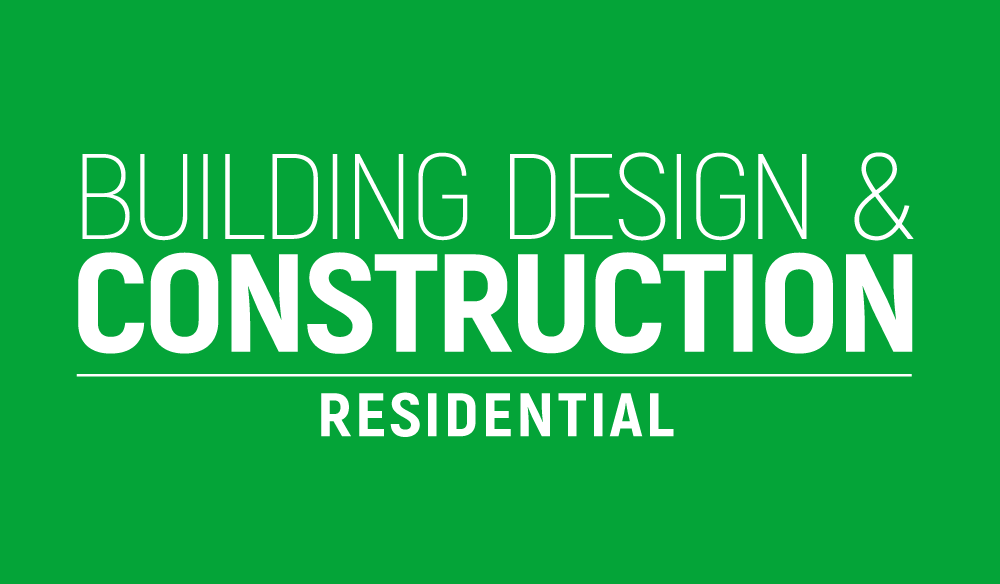If you’re considering offering rent to own real estate to prospective tenants, or simply renting a house to tenants the traditional way, it’s important to be aware of what’s involved in being a property manager. As it can take up a lot of time, many homeowners choose to hire a property manager to handle the job for them, which may be charged at a flat fee or a percentage of the rent, typically between 4% and 12% of the gross monthly rent.
A property manager does it all when it comes to managing a property, just some of the many responsibilities he or she takes care of includes the following.
Assessing the Property and Recommending Rent Rates
The property manager will ask the homeowner questions in order to recommend the rent price and search for the right tenant. They’ll determine whether the home needs any repairs or upgrades, if pets will be accepted or if there are any other criteria that the right tenant needs to meet.
Marketing the Home
Once the home is ready for tenants to move in, the property manager will take high-quality pictures and then start marketing it to find the best possible fit in the shortest amount of time. They’ll do a lot more than simply post the rental on Craigslist – they’ll generate leads through a variety of methods, including social media and other advertising, in a way that makes the home sound the most appealing.
Tenant Screening
One of the most difficult aspects of finding reliable tenants is tenant screening. The manager will handle all calls, emails, and applications, perform a range of background checks like rental history, employment, credit, and criminal lists while also making sure everything is conducted in compliance with fair housing and discrimination laws to protect the owner from any housing discrimination claims. They’ll also have to give prospective tenants a walkthrough of the property.
Collecting Security Deposits and Rent
Once the property manager finds the right applicant, they’ll recommend the prospective tenant to the homeowner for approval. Once approved they’ll collect the security deposit and hold it in an escrow account so that the funds won’t be co-mingled. They’ll also collect the rent, including both the first and last month’s rent if applicable.
When the tenant moves in, the property manager will continue to collect the rent, handle any late payments and other potential financial problems, such as communicating with the tenant if the rent is overdue. Some property managers can help homeowners get their rent payments faster by allowing tenants to pay online and then transferring those funds into their bank accounts.
Maintenance and Repairs
The property manager is usually responsible for maintenance and repairs. The homeowner may provide money that can be used for emergencies like a broken refrigerator which is held in a maintenance reserve fund. In some cases they may take care of things like lawn mowing and leaf removal is the tenant isn’t designated to take care of those issues.
Evictions and Move-Outs
If the tenant fails to pay rent or breaks other rules, regulations or laws, the property manager will handle the eviction process, as well as ensure the policy is clearly stated in the rental agreement. When tenants move out, they’ll handle the walkthrough and determine which if any repairs are needed that go beyond normal wear and tear. They’ll be responsible for ensuring the repairs are fixed and everything is clean for the next tenant.





